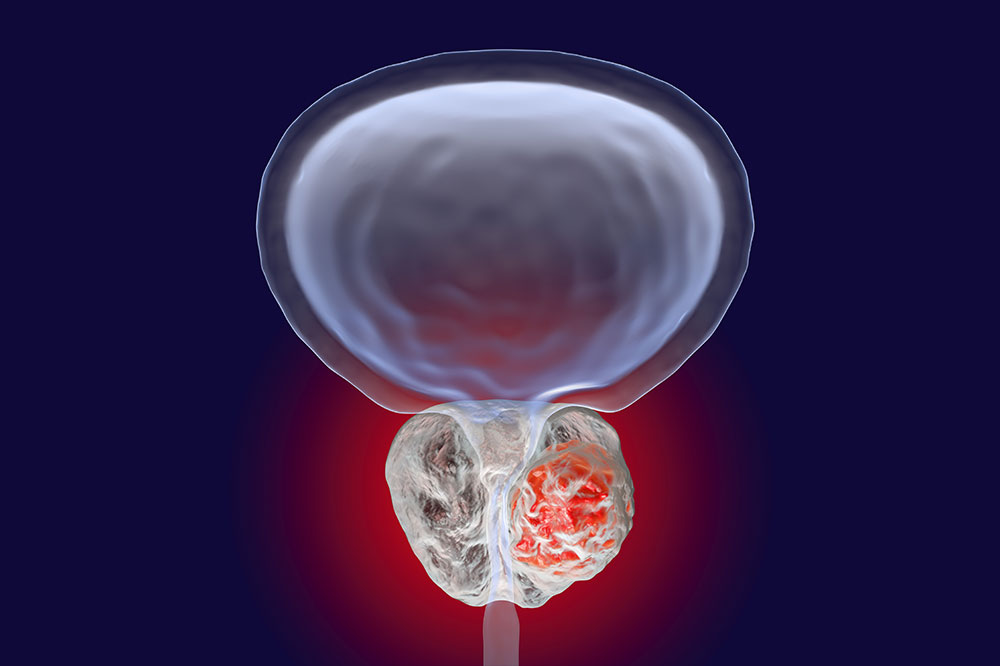
The Relationship Between Genetics and Prostate Cancer
Risk factors of prostate cancer can be broadly divided into two groups: internal, unavoidable ones set and the other external, preventable set. Excess calcium consumption, smoking, exposure to certain chemicals, and obesity are the risk factors that can be averted. This article talks about the relationship between genetics and prostate cancer, which cannot be changed.
Genetics and prostate cancer: The role played by hereditary aspects
1. BRCA2 gene mutations
BRCA2 genes are found in all men on chromosome 13. These fall into the group of tumor suppressors, which help in controlling the growth of cells, thus preventing them from outgrowing their normal size. When there is a mutation in the BRCA2 gene in men, it will lead to the unchecked growth of cells, usually in the prostate region in several cases. This tumorous growth of cells leads to prostate cancer. However, the mutations might sometimes be acquired. This is why people with a family history of prostate cancer are automatically put in the cancer-risk group for the possibility of already carrying the mutated gene.
2. Cancer running in the family
Family cancer syndromes are not uncommon. But genetic mutations or the sudden appearance of cancer even in people whose families have never had cancer cases is also normal. But in the scenario where there is family history, the risk increases if the cancer patient was a close relative like a sibling or parent or in some cases if the affected family member was young.
3. Lynch syndrome
DNA mismatch repair (MMR) is the body’s natural system that identifies and resolves mismatches in DNA and associated conditions. But if there is an abnormal mutation in this DNA mismatch repair gene, then it might lead to a condition called Lynch syndrome. This leads to the errors in genes being transferred, thus resulting in complications. As these genes are generally acquired from both the parents, the real trouble could be when both the acquired copies carry gene errors or if any trigger leads to errors in the healthy copy of this gene. In men who have developed Lynch syndrome this way, the genetic errors could lead to various issues, prostate cancer being one. Colorectal cancer and prostate cancer are the two main cancer types associated with Lynch syndrome. This is one of the strongest indicators of the relationship between genetics and prostate cancer.
Knowing about the connection between genetics and prostate cancer helps men understand whether they fall in the high-risk category. With this, preventive measures can be taken in the form of healthy diet plans and fitness regimes to maintain a proper weight. Also, men in the high-risk group would be able to easily distinguish the early symptoms and opt for a quicker and more accurate form of treatment.


